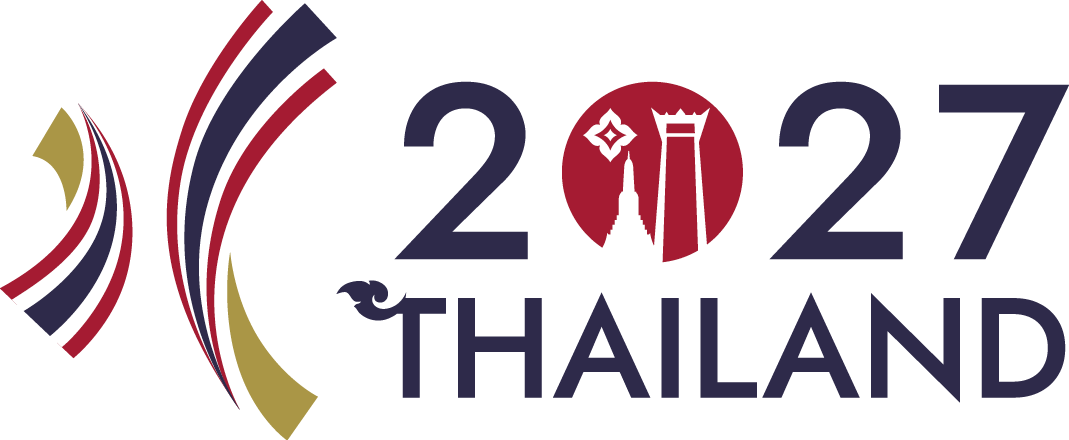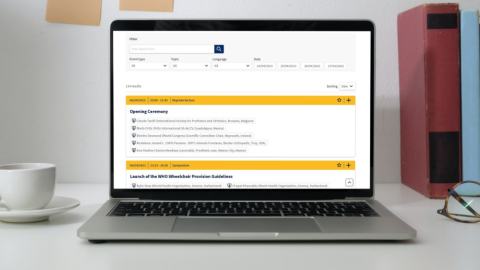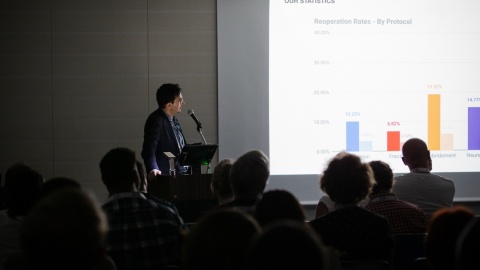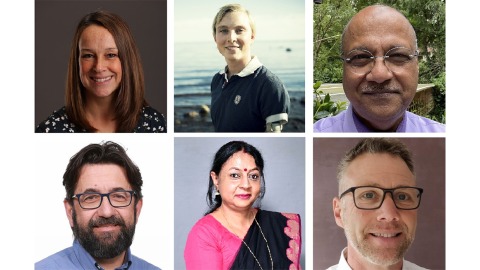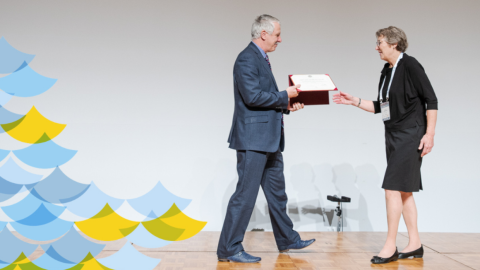Session Formats

Keynote presentation
Keynotes are invited presentations that highlight the research, clinical, or community work of an outstanding contributor to the profession or ISPO community and relate to the theme of the congress. The invited presenter provides an overview of their work followed by an opportunity for questions and answers from the audience.
Symposia
Symposia present thematically related research addressing significant problems or controversies in prosthetics, orthotics, mobility and assistive devices. It can be related to product, services or education. Symposia present differing perspectives on a particular topic through scientific debate. They bring together two or more researchers to present current developments, state of the art evidence and/or controversies, or planned research directions. Symposia should be strongly evidence and/or theory based.
Instructional courses
Instructional courses present information on practical applications of specific topics at a level suited to the practitioner. The focus is on teaching or advancing skills, and can be at a basic or advanced level. Instructional courses might be on topics that receive limited coverage in undergraduate curricula (basic instructional courses) or may be suited to experienced clinicians who have already specialised or who are entering a specialised area of practice or research (advanced instructional courses). Instructional courses should clearly state the level of the intended audience in terms of the expected educational qualifications and experience in that particular area of practice, and include specific learning objectives. Instructional courses are encouraged to utilize an interactive format to enhance the learning experience for the attendees.
Free paper sessions
A free paper is a professional communication describing qualitative/quantitative/mixed methods research such as a technique, case study, case series, clinical trial, review, experiment delivered as an oral podium presentation during the congress. Abstracts of free papers are reviewed by a panel of experts to verify relevance, quality and innovation. Top ranking free papers are selected for oral presentation. Free paper presentations are generally grouped into sessions that are thematically related.
Poster presentations
A poster may describe qualitative/quantitative/mixed methods research such as a technique, case study, case series, clinical trial, systematic review, or experiment. In contrast to free papers, a poster may present preliminary results or works in progress. Abstracts of poster presentations are reviewed by a panel of experts to verify relevance for delegates. Accepted posters are displayed either physically or digitally, with designated poster viewing times to allow attendees to interact with poster presenters. Selected presenters of the highest ranked posters may be invited to present in rapid fire poster pitches.
NEW: 3 Minute Thesis (3MT) student competition
The 3 Minute Thesis (3MT) is an academic competition that assists current students with fostering effective presentation and communication skills. Interested students registered in an undergraduate, masters or PhD programme are invited to submit abstracts to this competition. Abstracts are reviewed by a panel of experts and successful applicants will be allowed three minutes in the 3MT student competition session to explain the breadth and significance of their research project to a multidisciplinary audience.
NEW: Technical track
The technical track has the aim to promote the fabrication arts through demonstration and the use of hands-on fabrication instruction. During technical track sessions, techniques and generic materials will be discussed and demonstrated, not products. Presenters are either directly invited by the Technical Track Committee or selected from replies to a call for presentations.
Exhibitor workshops
Exhibitor workshops provide an opportunity for industry representatives to instruct delegates about design features, prescription criteria and application of new products and devices. Workshops are used primarily as an educational opportunity. Where possible, presenters provide evidence for claims about the merits of particular products or devices.
